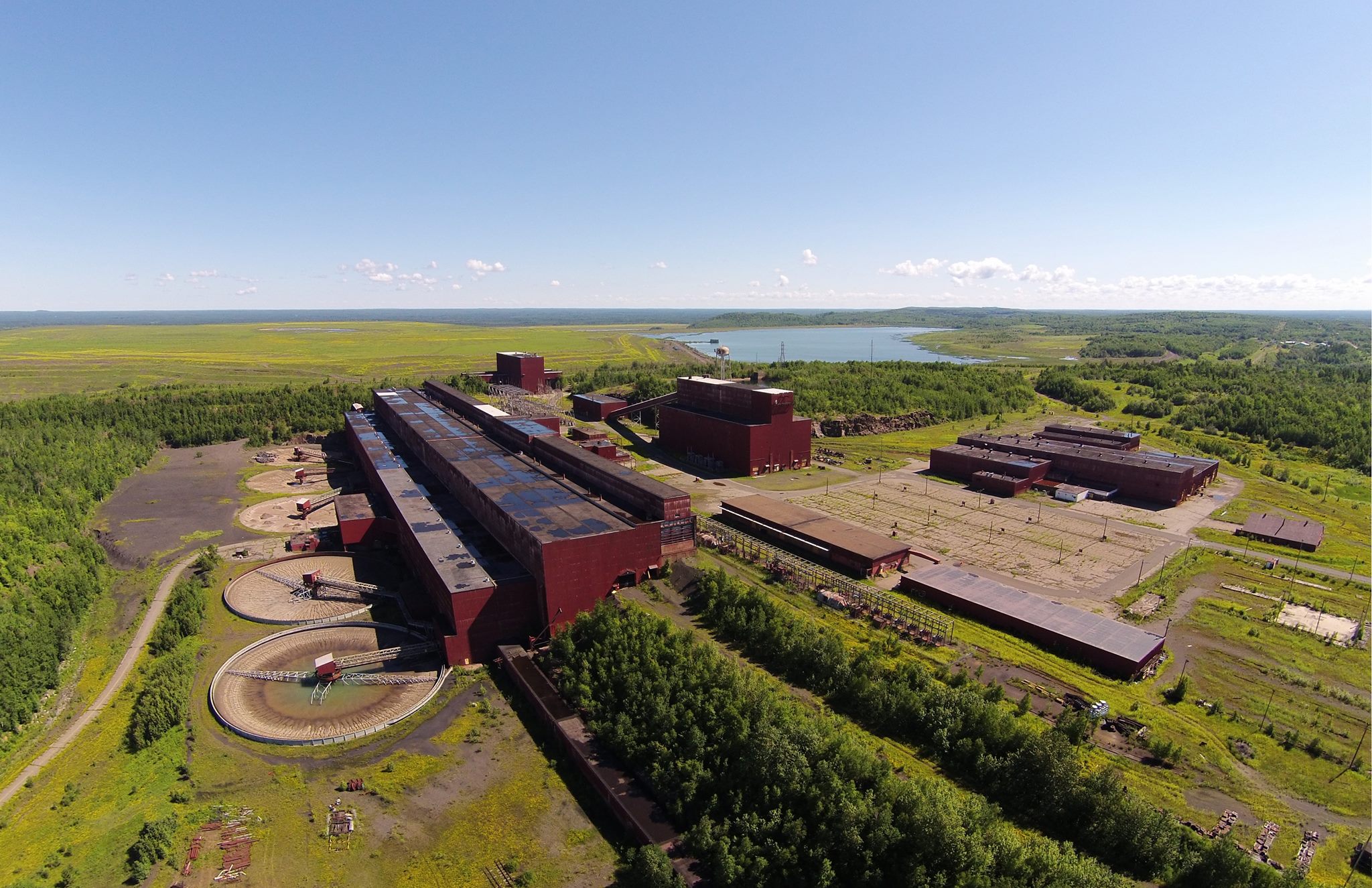On Monday, January 13, the Minnesota Court of Appeals reversed the Minnesota Department of Natural Resources’ (DNR) decisions to issue a permit to mine and two dam-safety permits for PolyMet Mining Corp.’s NorthMet project and remanded the DNR to hold a contested-case hearing for the copper, nickel and precious metals project.
The Minnesota Center for Environmental Advocacy, WaterLegacy, and the Fond du Lac Band of Lake Superior Chippewa filed several appeals with the court in December 2018 after the DNR denied petitions for a hearing and issued the permits for the project located in the Mesabi Iron Range.
In the court’s decision, Chief Judge Edward Cleary said the DNR’s decision to deny a hearing “was affected by an error of law in its overly narrow interpretation” of a Minnesota statute and “unsupported by substantial evidence.” The court also found that the DNR failed to include a “definite term” when issuing the NorthMet permit to mine. “Any permit issued following remand, the DNR shall determine and impose an appropriate, definite term,” the court document stated.
The groups also challenged the DNR’s decision to transfer an existing permit to PolyMet. However, the court sided with the DNR regarding that decision. The court said the DNR’s decision was “not arbitrary and capricious” and it affirmed that decision.
“We obviously are disappointed in the court’s decision,” PolyMet said in a statement. “The administrative record for the NorthMet Project is built on a comprehensive process of scientific study, analysis and public review and comment established in state law, which we participated in for 15 years.”
The company said it will be reviewing the decision and exploring options, such as filing a petition for review to the Minnesota Supreme Court.
“We remain firmly committed to putting people to work in northern Minnesota and will continue pushing forward on the project,” the company added. “The NorthMet deposit is abundant in metals that address climate change in the way of renewable and clean energy technologies. We are confident that we can produce these high-demand metals responsibly, with Minnesota workers, and in compliance with all applicable regulations.”





